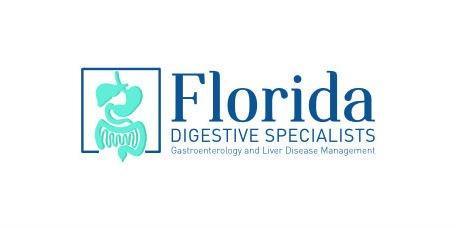ERCP

Florida Digestive Specialists
Gastroenterologists located in St. Petersburg, FL
ERCP is a specialized endoscopic procedure that allows the experts at Florida Digestive Specialists to examine your liver, gallbladder, and pancreas. In addition to accurately diagnosing the cause of your symptoms, the team uses their exceptional experience to perform precise treatments, such as placing stents in the narrow bile duct. If you need ERCP for symptoms like jaundice and abdominal pain, call one of the offices in St. Petersburg or Clearwater, Florida, or schedule an appointment online.
ERCP
What is an ERCP?
The full medical term for ERCP is endoscopic retrograde cholangiopancreatography. This is a procedure to examine the liver, gallbladder, pancreas, pancreatic ducts, and bile ducts using a long, flexible device called an endoscope.
Your doctor at Florida Digestive Specialists guides the endoscope through your mouth, esophagus, stomach, and the top section of the small intestine until it reaches the area where the bile duct and pancreatic duct meet to enter the small intestine.
When the endoscope is at the tiny opening, your doctor uses a very small tube to inject dye into the ducts so the structures are visible on X-rays.
During your ERCP, your doctor may also treat problems. He may remove stones or a tumor, place a stent to improve bile flow, or take tissue biopsies.
When might I need an ERCP?
Your liver produces bile, which is stored in the gallbladder, then released into the small intestine through the bile ducts. Once it’s in the small intestine, bile helps digest fats.
The pancreas produces digestive enzymes, sending them to the small intestine through the pancreatic duct.
Your doctor at Florida Digestive Specialists may recommend ERCP when symptoms such as weight loss, jaundice, and abdominal pain suggest a problem in these organs or ducts. ERCP may also be needed to clarify the results of other diagnostic tests.
ERCP may diagnose several conditions including:
- Infections in the ducts
- Pancreatic cancer
- Cancerous and noncancerous tumors in the ducts
- Stones or blockages in the ducts
ERCP also provides information about conditions such as pancreatitis and liver cancer. The procedure is often used to determine the need for surgery.
What happens during an ERCP procedure?
When you have an ERCP, your stomach must be empty, so you shouldn’t eat or drink for about eight hours before your procedure. If you take medications, your provider at Florida Digestive Specialists may also ask you to adjust the dose or avoid certain drugs.
You receive a local anesthetic for your throat and sedation to keep you comfortable throughout the procedure. Then your doctor inserts the endoscope and performs your ERCP in a procedure that usually lasts about an hour.
After your ERCP, you may feel slightly bloated because air is used to inflate your small intestine. It’s also normal to have a sore throat for a short time. Otherwise, you can resume your normal diet after you leave the office.
If you have any questions about symptoms or ERCP, call Florida Digestive Specialists or schedule an appointment online.
